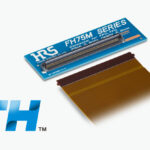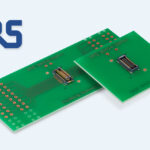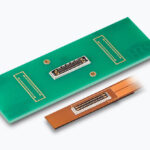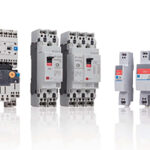ASIA ELECTRONICS INDUSTRYYOUR WINDOW TO SMART MANUFACTURING
Hirose Electric Eyes EV Trends with New FPC/FFC Connector
Hirose Electric Co., Ltd. has started sales of its ZK1 Series of lockable two-piece board-to-FPC/FFC connectors for automotive use. Also, this connector series is applicable for use in various applications in electric vehicles (EVs).
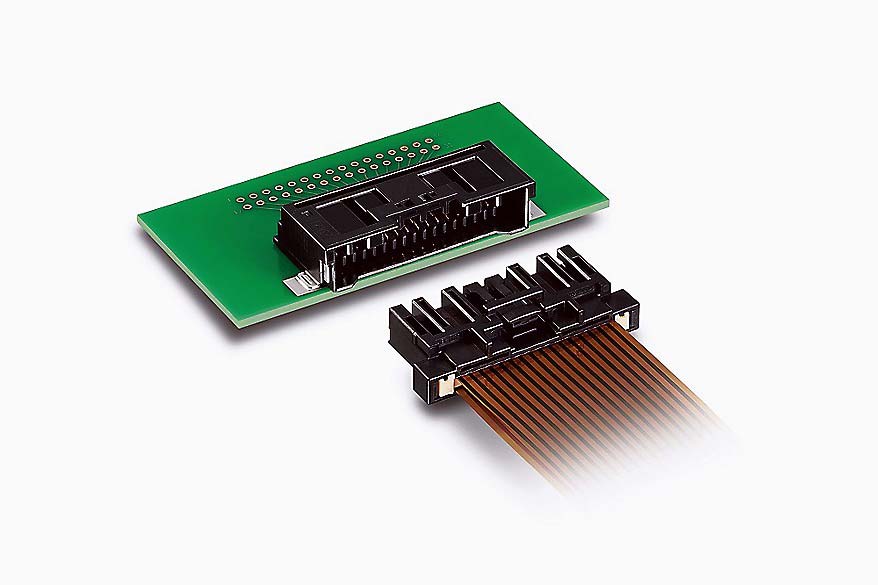
With the projected increase in global demand for EVs, EV manufacturers are striving to reduce vehicle weight and increase the capacity of the on-board battery to extend the cruising range of EVs. As a result, the harnesses that stretch throughout the vehicle are changing from conventional wire cables to flexible printed circuit boards (FPCs) and flexible flat cables (FFC).
According to data from the International Energy Agency (IEA), global sales of EVs in 2023 were almost 14 million, representing 18 percent of all cars sold worldwide. In 2024, total sales could reach 17.4 million. By 2030, total EV sales could exceed 230 million units, representing one out of every seven EVs on the road.
Eliminating the need for wiring
By replacing cables with FPC/FFC, harnesses can be made lighter and more space-saving, and cable wiring work becomes unnecessary. As a result, assembly can be simplified. At the same time, demand for FPC/FFC is increasing. In response to these trends, the company has developed and launched the ZK1 Series of locked board-to-FPC/FFC connectors for automotive use.
Specifically, the ZK1 Series from Hirose is compact, measuring 11.0mm in height, 44.2mm in width, and 25.1mm in depth, yet has a high heat-resistant design that can be used in 125֯C environments. It features rugged-locking structure that enables both in-vehicle reliability and small size and lightweight. Also, it has a finger-protected structure to prevent electric shock. A high heat-resistant design enables the device for use in a high-temperature environment of 125֯C. Additionally, it highlights a two-point contact for protection against foreign matters.
Mainly, the ZK1 Series suits applications inside EVs, such as EV batteries, inverters, and DC/DC converters.
-20 May 2024-

